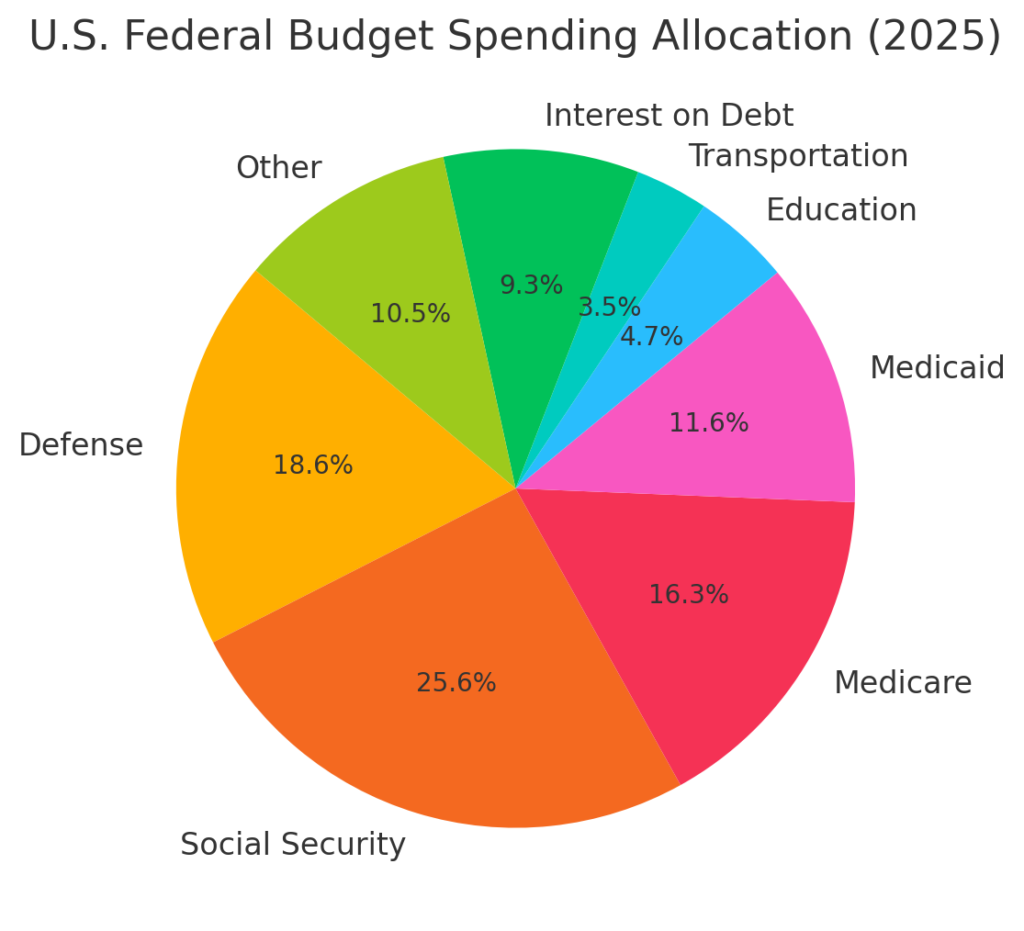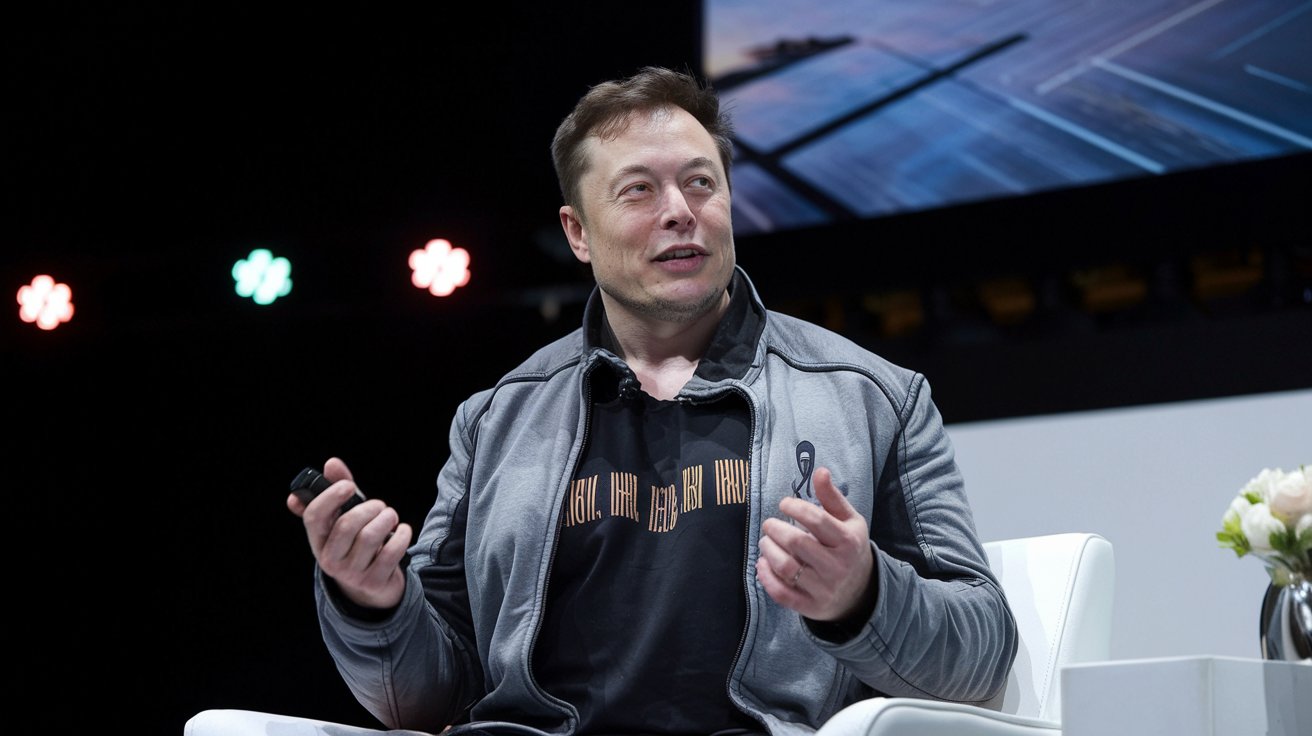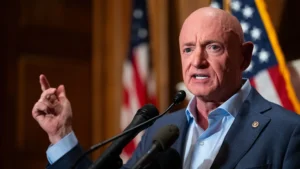Elon Musk Advocates for Eliminating Entire Government Agencies: What It Means for America’s Future
Elon Musk’s call to “delete entire agencies” has sparked nationwide debate, raising crucial questions about the future of federal governance in the United States. Musk, the CEO of Tesla and SpaceX, has long been an outspoken critic of bureaucracy and government inefficiencies. In his recent speech at the World Government Summit in Dubai, he emphasized the need for bold reforms, stating, “If we don’t remove the roots of the weed, then it’s easy for the weed to grow back.” This statement underscores his belief that partial measures are insufficient in addressing systemic inefficiencies within the U.S. government.
Musk’s Vision for Government Efficiency
Musk has advocated for the dissolution of certain federal agencies, arguing that excessive bureaucracy stifles innovation and wastes taxpayer dollars. He has pointed to agencies such as the U.S. Agency for International Development (USAID) as examples of inefficient government spending. Under his proposed reforms, the federal government would undergo a significant restructuring, eliminating redundant roles and prioritizing efficiency.
Supporters of Musk’s proposal argue that a leaner government would lead to substantial cost savings, reduced national debt, and a more agile response to pressing economic and technological challenges. They see his vision as a necessary step in modernizing the country’s administrative functions, allowing for a more dynamic and responsive federal structure.
Critics Raise Concerns Over Essential Services

While Musk’s supporters highlight potential benefits, critics warn that eliminating entire government agencies could lead to severe consequences. Many fear that dissolving agencies responsible for essential services—such as environmental protection, public health, and social welfare—could disrupt vital programs that millions of Americans rely on.
For example, the potential reduction or elimination of regulatory agencies like the Consumer Financial Protection Bureau (CFPB) could leave American consumers vulnerable to financial misconduct. A recent analysis from The Atlantic warns that cutting funding for such agencies could increase financial instability and consumer exploitation.
Economic and Political Impact
The economic implications of Musk’s proposal are vast. A significant reduction in federal employment could lower government expenditures, but it could also lead to job losses, particularly in regions with high numbers of federal workers. The private sector may absorb some of these jobs, but the transition could take years.
Politically, Musk’s ideas have divided policymakers. While some Republican lawmakers have shown support for shrinking government oversight, Democrats and some independents have expressed concern that such drastic changes could undermine essential public functions.
The Road Ahead
Whether Musk’s ideas gain traction remains to be seen. While he has successfully disrupted multiple industries—from electric vehicles to space travel—reshaping the federal government is a far more complex challenge. Public opinion on the matter remains mixed, and significant legislative hurdles would need to be overcome before any major restructuring could take place.
As this debate unfolds, it is clear that Musk’s influence extends beyond technology and into the realm of public policy. His vision for a streamlined government continues to generate discussions about the balance between efficiency and the need to maintain essential services.





